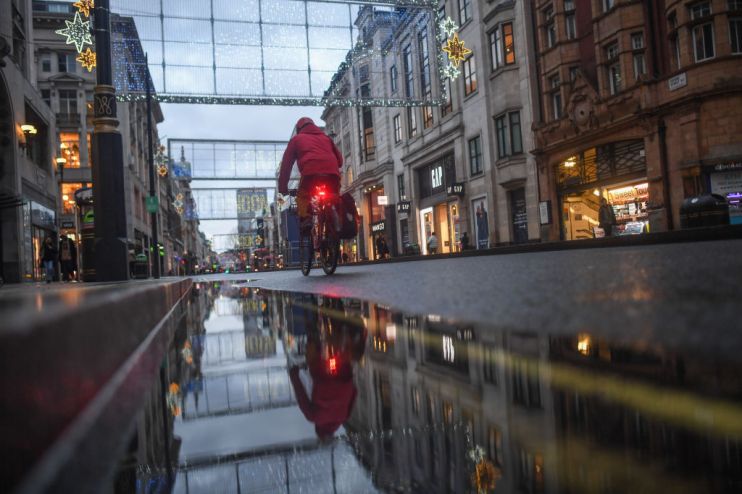UK high streets to ‘lose up to 40 per cent of stores’ due to pandemic

Up to 40 per cent of high street shops could be forced to close due to the impact of the shift to remote-working and online shopping, the latest analysis showed, in the latest blow to the struggling UK retail sector.
A report published this morning by professional services giant KPMG said UK high streets could be set to lose 20 to 40 per cent of their retail offering as fewer people venture into city centres.
The analysis showed that the store closures could affect between one to five per cent of local labour forces.
High streets across the UK have already been severely negatively impacted by the coronavirus pandemic.
Several prominent retailers, including Debenhams and Topshop-owner Arcadia, collapsed last year, resulting in thousands of job losses.
The closure of non-essential stores during lockdowns, more people working from home and accelerating demand for online shopping are among the challenges facing bricks and mortar retailers during the Covid-19 crisis.
The KPMG report forecast that 122,146 retail jobs in London could be lost, representing 2.3 per cent of the capital’s workforce and 30 per cent of retail sector employment.
The report said 20.1 per cent of London-based jobs will be able to be done remotely, with commuter belt towns such as Hemel Hempstead, Watford and Milton Keynes also severely impacted.
However London was the least vulnerable UK city, KPMG said, as the strength of the capital’s cultural assets outweighed the impact of lost retail units and home-working on the high street.
KPMG chief economist Yael Selfin said: “The pandemic has accelerated the adoption of online shopping, with consumers more likely to purchase household goods online than in a store.
“It has also made working from home acceptable and online gatherings rather than meeting in person the new norm, freeing endless hours of business travel and expense for better use. People are unlikely to return to the old ways of doing things.
“With fewer people coming into big cities and towns to work and shop, that leaves a big space in areas that were once characterised by bustling shops and offices.
“Those places that are most at risk are those that have little else to attract locals and visitors from further afield.”
The report suggested that new tenants could include universities expanding their remit to support workers made redundant during the crisis or start-up incubators.
It also recommended that empty commercial office space could be transformed into new community centres as well as residential property.